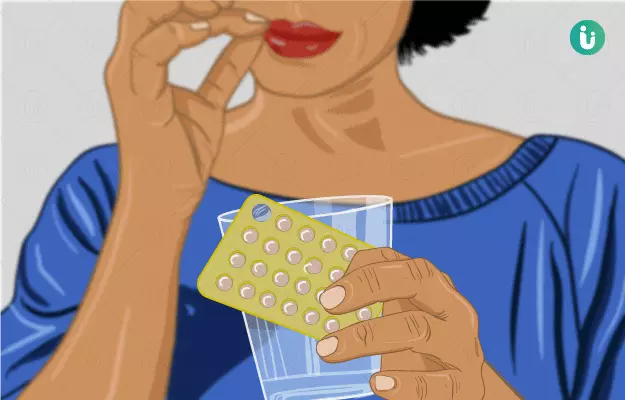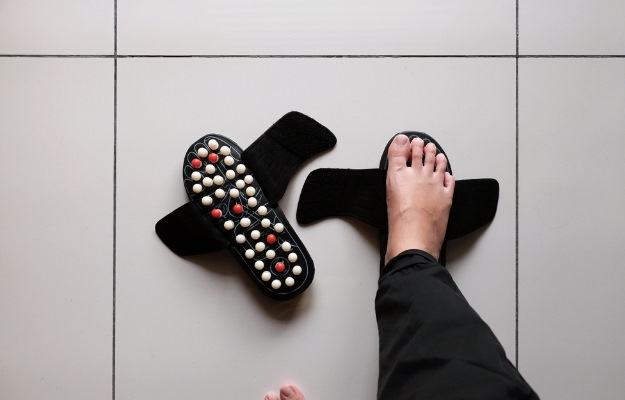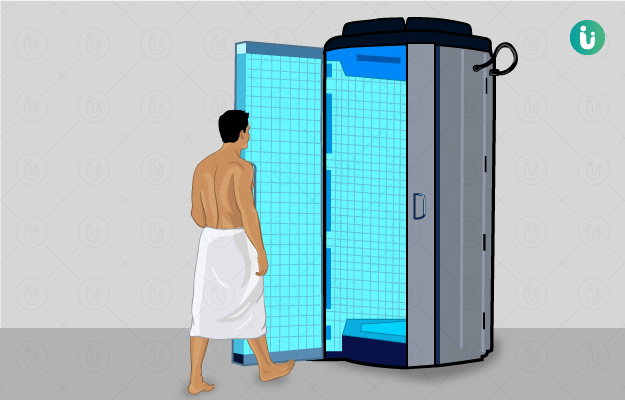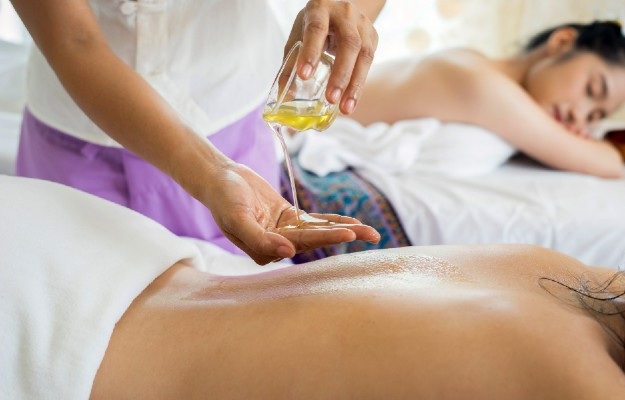The additional external provision of hormones, or synthetic hormone formulations, in medical treatment, is referred to as hormone therapy. Additionally, therapies that aim to antagonize certain hormones for the medical benefit may also be called hormone, or more accurately, antihormone therapy.
Hormones are naturally occurring biological chemicals in the human body that act as signalling molecules and bring about activity at sites distant from that of their production. The role of hormones, and their interplay and balance, is paramount to guide proper development, overall growth and functioning of various systems in humans. The endocrine system consists of these hormones as well as the glands and organs that produce them.




























